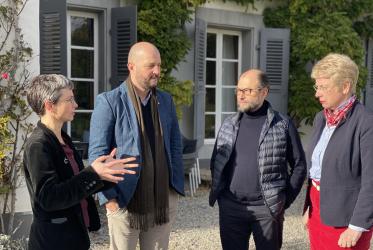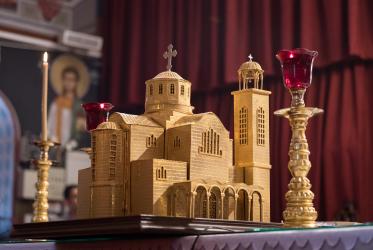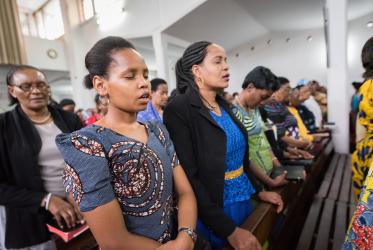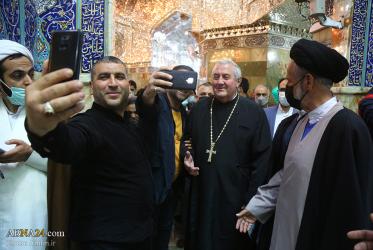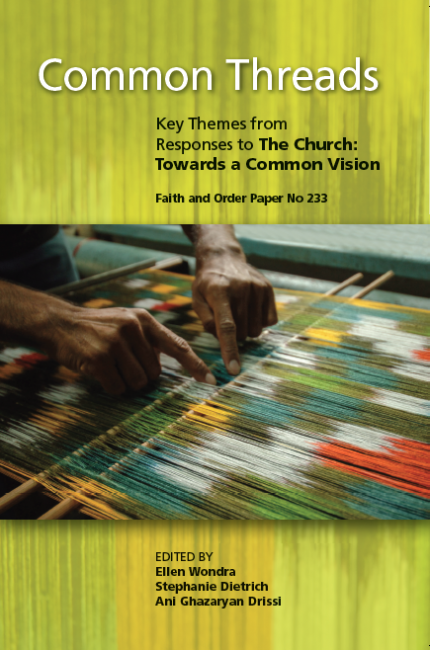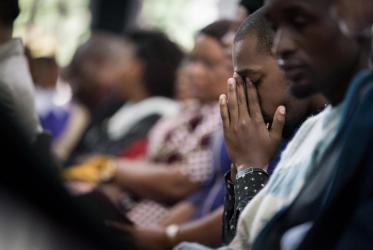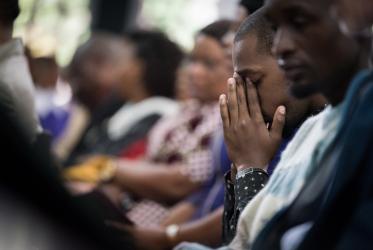Displaying 21 - 40 of 319
Towards a Global Vision of the Church Volume I
Explorations on Global Christianity and Ecclesiology, Faith and Order Paper 234
14 November 2022
Common Threads
Key Themes from Responses to The Church: Towards a Common Vision. Faith and Order Paper No 233
25 February 2022
WCC Faith and Order webinar: "The whole people of God: the roles and ministries in the church”
02 December 2021
Online


